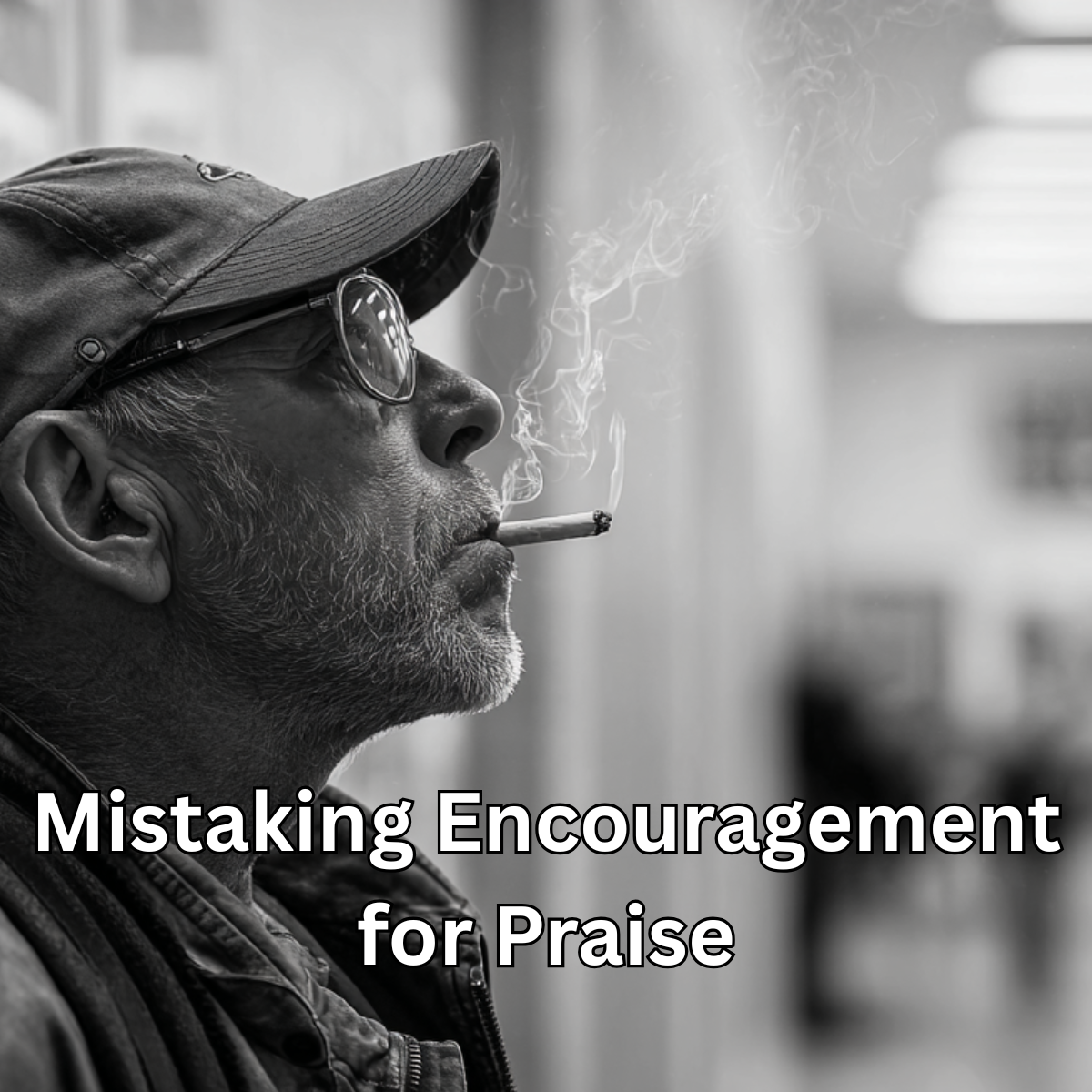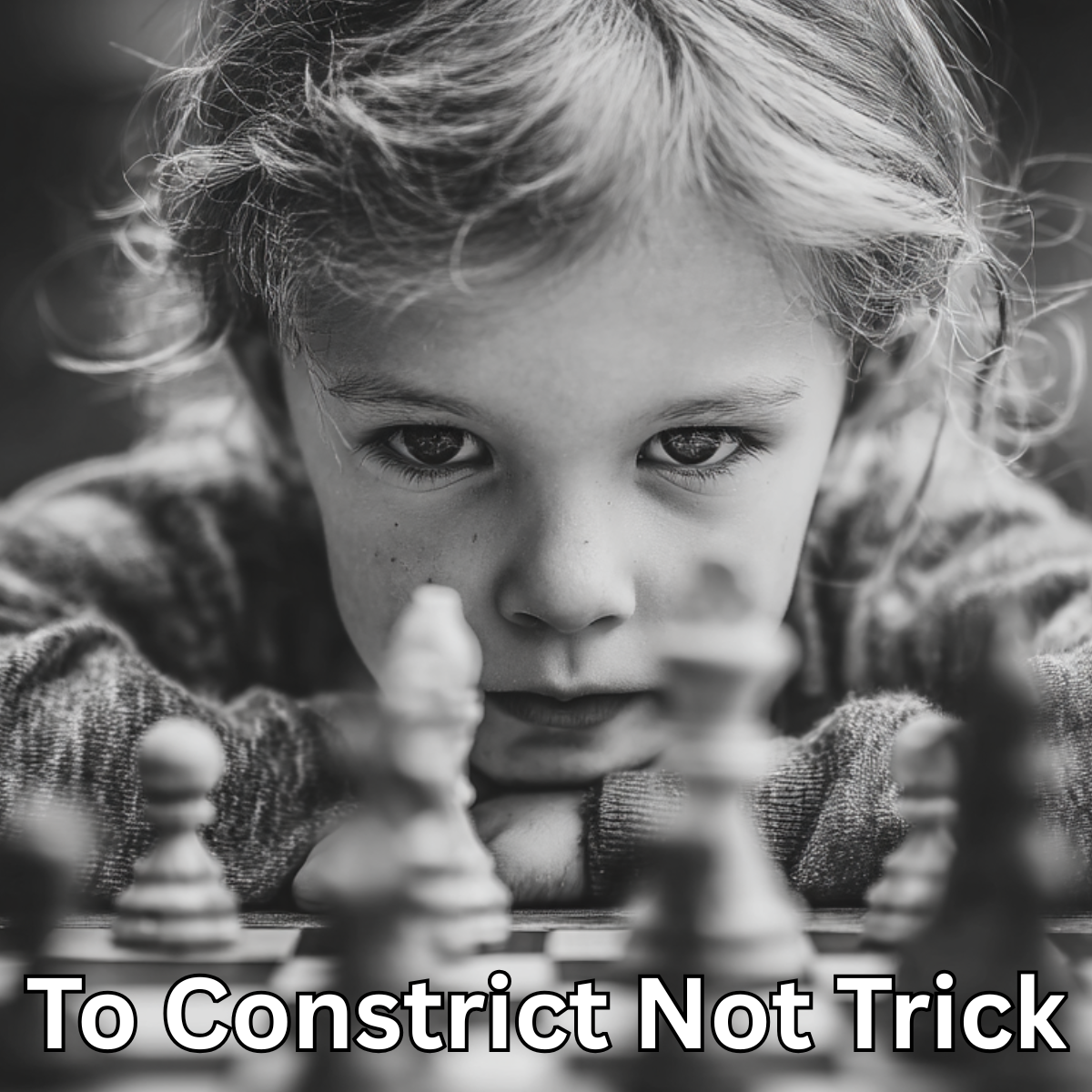My wife made an interesting observation this morning. There is this notion that a habit takes 90 days to form. Right? That’s the common claim. However true this seems on the surface, this claim does not hold up under scrutiny.
For example, we’ve been requiring our kids put on a seat-belt when they get in the car, every day of their life, for years and years now. But, somehow it is still not a habit. After thousands of iterations – putting on a seat-belt has not become a habit (defeated sigh). Sometimes, oftentimes we must remind them, “put on your seat-belt.” We are WAY past the magical 90 day threshold here. Maybe the habit we’ve established is “waiting to be told.” That seems like the obvious answer. Fair enough. But, what about intrinsic motivation? The definition being motivation coming from inside a person. How do I promote their internal decision to act?
I can’t help but think that a person needs to really want to do something, to buy into it, for it to become a habit. Somehow, at some point, their own personal agency needs to kick in, decide to do something, to “own it” so to speak. This seems to be the missing element in my twelve year old, who still, despite being required to put on a seat-belt every time we enter a vehicle for 12 years, still often requires an outside force to motivate her.
How does one foster intrinsic motivation? I don’t like making people do things. For me, enforcing rules is an onerous part of parenting, of leading other people. I never wanted to be a police officer growing up; I knew that career option was not for me. I’m still struggling to get my kids to complete their chores without me having to ride them, manage them. Playing that role sucks. Maybe the key is to hire an “enforcer!”
In one of Carlos Castaneda’s books he tells the story of a father who cannot get his son to “see” him as his benefactor, teacher, and mentor. The son is rebellious because the father represents constraint and oppression. As the Yaqui Indian sorcerer in the story puts it, “The boy cannot stop the world”; which I think means he cannot change his perspective or escape the trap of his own assumptions, the false or limited framework he is operating under – that his father is his problem.
But, the father loves his son and wants to help him “stop the world” and see things differently. So, he hires a bum, a street type person, but one who still has some strength in him, to ambush his son and beat him up, more than once if I remember correctly. After this terrifying experience , the father’s is there for his son, his role in the eyes of the boy switches from being oppressor to protector, from one who annoys – to mentor, ally, and benefactor. The boy sees the world differently and realizes the danger, peril, and seriousness of life, and goes to his father for protection and help in coping with the reality of his and need for training mitigate his own vulnerability in the world.
The father’s discipline and nagging were meant to protect his child from suffering. However the father’s intention and wisdom were opaque to the child. The child could not “see” until he experienced some suffering from the outside.
Of course, I realize that hiring bums to beat children is not standard pedagogy, or considered good parenting these days. A bit outside the norm let’s say. Still, it raises the point, and a question.
Does it take a car wreck to appreciate a seat belt? Does it take a strong bum beating the hell out of you to appreciate the protection and guidance of a father? Does pain and suffering help us “stop the world” and escape the limited thinking that forms under over protection or naivete?
I want my kids to intrinsically take pride in doing their chores, to realize the value they contribute in maintaining our home environment. I want them to see that doing chores creates a safe and healthy place to exist in, retreat to, and experience rejuvenation within; to accept that much of life is simply maintaining the structure that supports us – the requirement of work (I know this is not an appealing message, but it’s true); to value the order, provision, and opportunity created though work and good habits. Unfortunately these messages are not much fun. They don’t seem to stand a chance when Fortnite and cartoons are beckoning.
Obviously I do not have this all figured out yet, and am struggling with questions and dynamics that every generation of parent encounters. I think I need to read up on fostering intrinsic motivation in those we lead and love. Perhaps being the enforcer, the policeman, the disciplinarian is just part and parcel of parenting, simply a necessary role I must embrace and play, regardless of my distaste for it. Fine. But, getting beyond extrinsic motivation would be nice. Empowering and inspiring intrinsic motivation in kids (or those we are responsible to) is an area of study I need to focus on.
One thing is for sure, there is more to building and maintaining good habits than repetition for 90 days.
Ben Wagner (176)
Member The 365 Commitment



